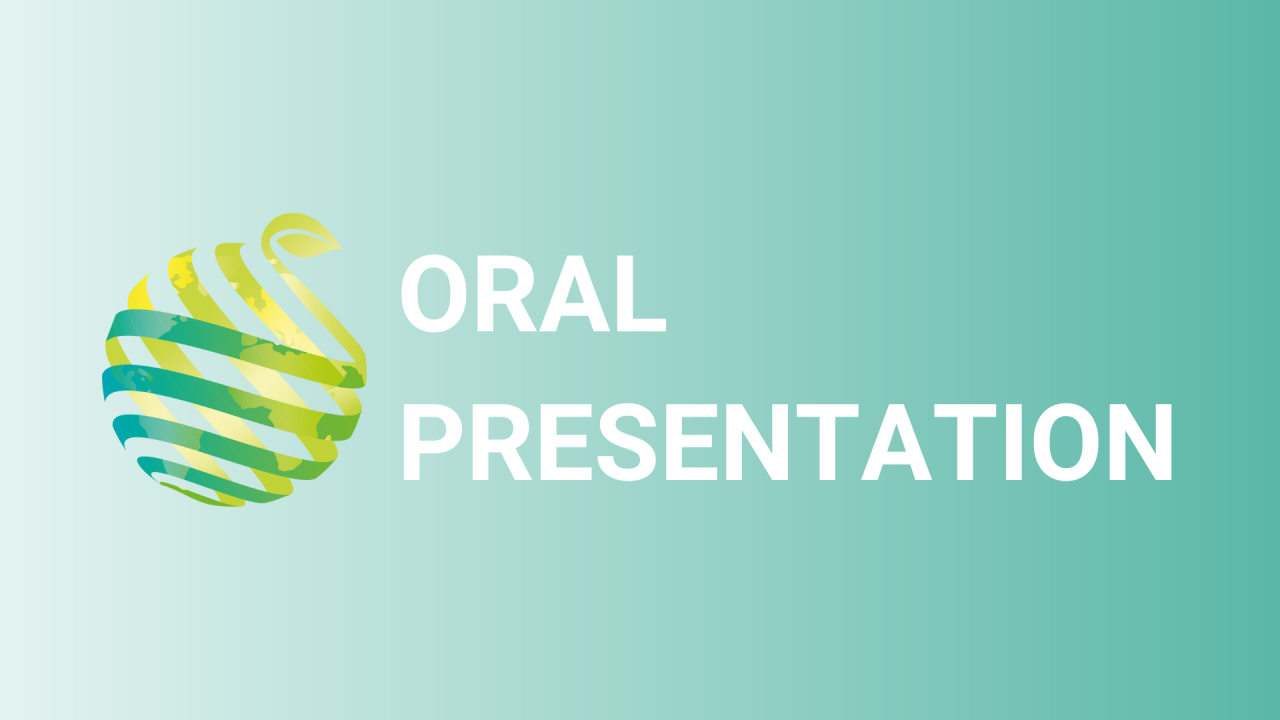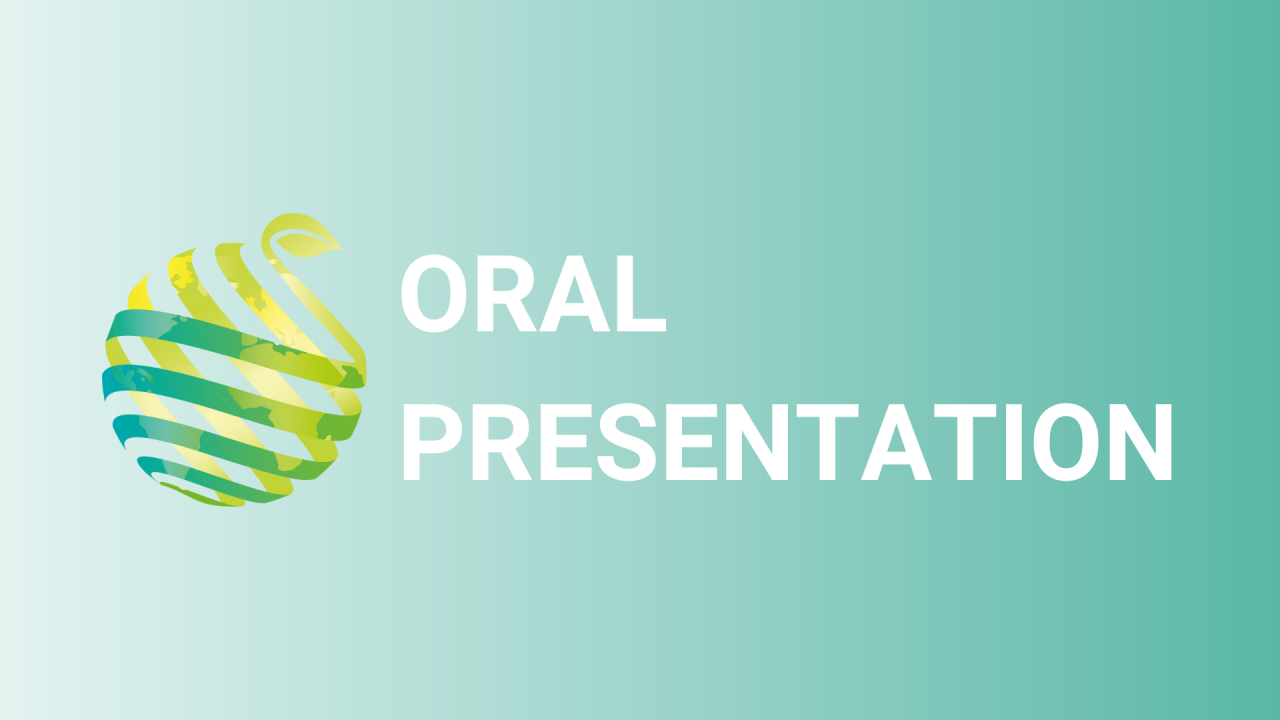

S16 - Session O2 - Analysis and modelling of tree shading impacts on apple fruit quality: Case study with an agrivoltaic system
Information
Authors: Perrine Juillion *, Gilles Vercambre, Gerardo Lopez, Damien Fumey, Vincent Lesniak, Michel Génard
In a context of climate change, apple growers must protect their orchards from extreme climatic events and from excessive radiation in Mediterranean climates, preventing yield and fruit quality losses. Shading apple with agrivoltaic systems could be an innovative protection solution, limiting extreme events damages and decreasing evaporative demand. However, no study has focused on the impact of a severe and fluctuating shade on fruit quality. Seasonal trends in fruit firmness, fresh and dry mass, soluble sugars, malic acid, and starch were assessed in a three-year study (2019-2021) to highlight the effect of shading on Golden apple fruit in an agrivoltaic system. The shading intensity of the photovoltaic panels (45% on average) allowed a more favourable microclimate (up to -3.5°C and +14% of relative humidity), leading to a more comfortable water status of shaded trees. Firmness and fruit fresh mass were similar between control and shaded apples. Indeed, the size was maintained thanks to an increased water content under shade, compensating the decrease in the fruit dry matter accumulation (-20 %). Shading also decreased the sugar/acid ratio by increasing malic acid content and decreased starch content. Therefore, a modelling approach was applied to understand the complex interactions of fruit quality and clarify the effects of shading. An existing fruit model of starch, soluble sugars, and other fruit compounds concentrations over time was parameterized using 2019 and 2020 experimental data. This model takes as inputs the air temperature, fruit dry and fresh mass over time. Using a single set of parameters common to the two modalities, soluble sugar and starch dynamics were well simulated over time, revealing the importance of carbon and water flows interactions in simulating apple quality under shading.